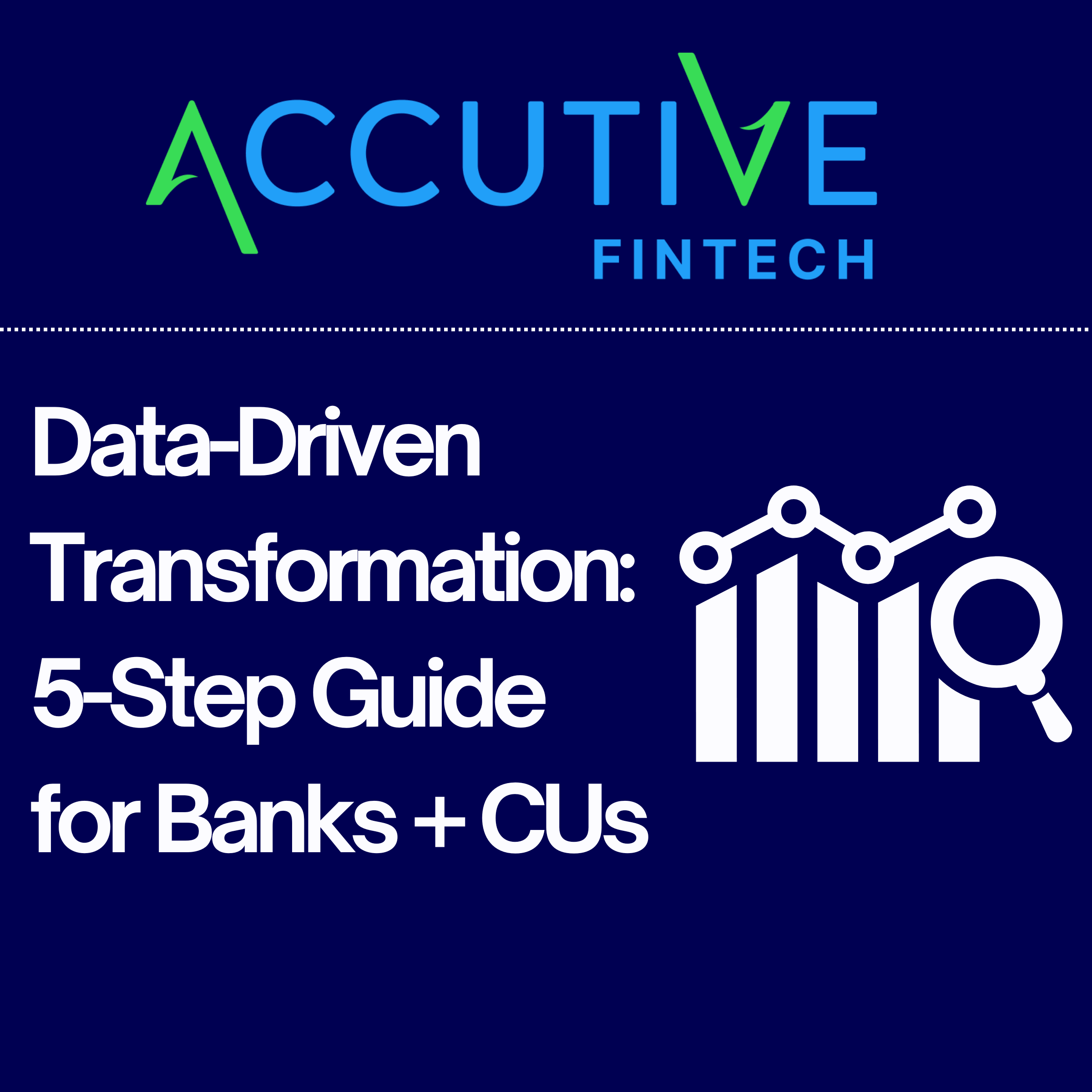As the Covid-19 pandemic grinds on toward a third year, even organizations reluctant to go digital are feeling the pressure to amp up their online capabilities. Yet, at the same time, these organizations are facing logistical and regulatory challenges to how they manage and secure confidential customer data. The most basic online capabilities like contactless payment, click-and-collect systems, and enhanced customer service applications carry the potential to expose you and your customers to costly risks.
In addition to the standard challenges of doing business online, new and existing regulations introduce new issues around managing customer privacy. Even a small misstep could be extremely damaging to your reputation and bottom line. Whether you’re a bank, a restaurant group, or an institution of higher education, expanding your digital customer services means pumping large volumes of client data through new systems.
Engaging an experienced third-party to manage your online business seems like a simple answer, yet your organization retains ultimate responsibility for ensuring customer data is properly managed and secured. From the General Data Protection Regulation in Europe to the California Consumer Privacy Act, your organization must adhere to stringent user data management protocols or face steep fines, and potential class-action suits, for any customer privacy failures.
So, how can you quickly update your online services to enable a high-quality virtual customer experience while keeping client data safe – especially when digital transformation and data processing security are not your primary expertise? Fortunately, there are straightforward steps you can take to effectively address privacy concerns while you manage the daunting task of optimizing your online business.

Review the Fine Print
It may be tempting to entrust a specialty vendor and turn the entire problem over to a third-party with a turn-key solution, but this can lead to challenges down the road. Data Processing Agreements (DPA) require a thorough review to shield your organization from financial liability from failure to perform due diligence on a third-party vendor. In 2019 the UK’s IOC fined Marriott Hotel Group $123 Million for a data breach traced to a subcontracted data processing vendor.
When reviewing vendor DPAs, you need to ensure their privacy practices meet statutory requirements and align with your compliant data management policies. Also, ensure their policies extend to any subcontractors or prohibit subcontracting to another vendor without explicit approval.
Impact Assessments key to Risk Mitigation
While not explicitly required by all privacy statutes, the GDPR does compel data processing impact assessments in some cases. Implementing thorough risk assessment protocols may seem time consuming, yet the process adds value to your customer privacy protection process as it forces close attention on the potential impacts of data storage, subcontracting, security solutions and more. Further, if you do run experience a breach, your proactive impact assessment and risk mitigation processes, and the resulting paper trail, will help during regulator interactions.
There are tools available to help with implementing an impact assessment program, such as the UK’s Information Commissioner’s Office which provides a free template for accurately assessing privacy risk even if your business is not in the UK.
Explicit and Clear
As you establish or review data privacy policies, ensure the documentation is both detailed and accessible for everyone – even those without a technical or legal background. The goal is to make your policy understandable for both employees and customers. Broad phrasing open to interpretation may seem like a good idea to accommodate future privacy statutes, but it can put you at risk today particularly with privacy policy-fluent users. The goal is to help customers understand the policy and build trust in your organization. Dense, confusing privacy policies do the opposite.
Data Privacy Point Person
While multiple teams or departments may own pieces of your digital transformation, centralizing data privacy and protection is critical to success. Consider designating a Data Protection Officer or other point person to own responsibility for data safety decision making. Particularly for rapid changes, a data point person is vital for ensuring consistent data safety and privacy policies across your digital platforms. Also, your data protection point person will be a consistent contact for regulatory entities. Dedicating a data privacy contact and empowering them to enforce information protection policies across the project or organization is a proven, cost-effective approach to assessing and mitigating risk.
Balancing Speed and Safety
Rapid digital transformation may be critical to competing, or even surviving, in 2022 and beyond. Yet, you need to balance quick action with risk mitigation and do everything in your power to protect customer privacy. A straightforward, process-driven approach can help secure user data and guard your organization from data privacy fumbles and regulatory actions.
We’re Here to Help
We’re here to partner with you every step along your digital journey. Accutive’s expert technology and cybersecurity consulting, powered by our innovative vendors and partners, ensure we have the expertise, resources and knowledge to keep you moving forward.
With services, products, platforms and solutions tailored to fit any business need, Accutive can help accelerate your digital transformation while protecting your most vital competitive resource, your customer data.








